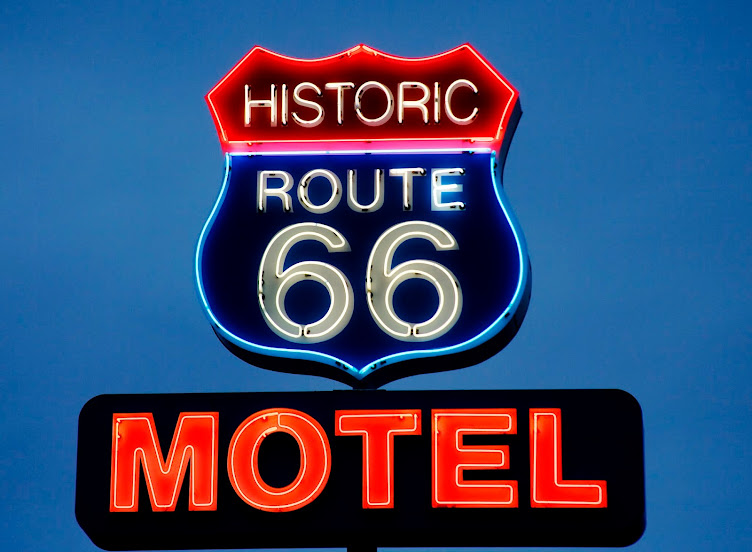Wednesday, June 29, 2011
Best Ghost Story 27 from 1800-1849: The Chase
Wednesday, June 22, 2011
Best Ghost Stories 1800-1849: Story 28 is Solange by Alexander Dumas


Tuesday, June 14, 2011
Best Ghost Stories 1800-1849; Mary Burnet by James Hogg
Thursday, June 2, 2011
"Best Horror Short Stories 1800-1849" Finalist Award Winner in the Next Generation Indie Book Awards
The Best Horror Short Stories 1800-1849 is a book for anyone who loves a classic horror story.
Thanks to Edgar Allan Poe, Honoré de Balzac, Nathaniel Hawthorne and others, the first half of the nineteenth century is the cradle of all modern horror short stories. I read over 300 horror short stories and compiled the dozen best. A few have never been republished since they were first published in leading periodicals of the day such as Blackwood’s and Atkinson’s Casket.
At the back of the book I include a list of all short stories I considered along with their dates of publication and the author, when available. I even include background for each of the stories, author photos and annotations for difficult terminology.
‘The Best Horror Short Stories 1800-1849’ will likely become a best seller . . .What makes this collection (of truly terrifying tales!) so satisfying is the presence of a brief introduction before each story, sharing some comments about the writer and elements of the tale. Barger has once again whetted our appetites for fright, spent countless hours making these twelve stories accessible and available, and has provided in one book the best of the best of horror short stories. It is a winner.
GRADY HARP - AMAZON TOP TEN REVIEWER
Through his introduction and footnotes, Barger aims for readers both scholarly and casual, ensuring that the authors get their due while making the work accessible overall to the mainstream.
BOOKGASM
[a] top to bottom pick for anyone who appreciates where the best of horror came from.
MIDWEST BOOK REVIEW


